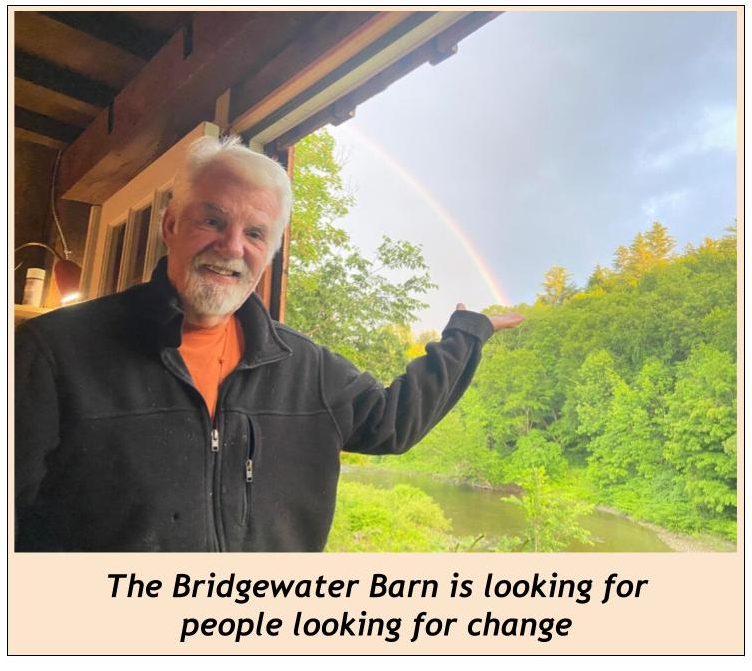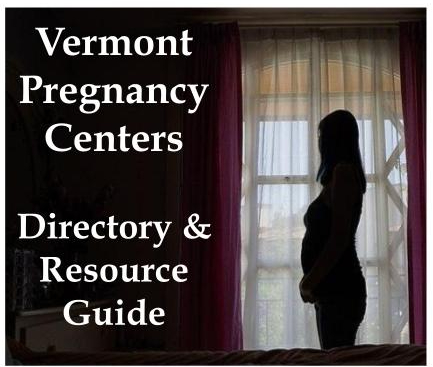by Myers Mermel
Yesterday afternoon I sat through the Vermont Senate debate concerning the Affordable Heat Act (“AHA”). The bill with one amendment passed through the body by a count of 19-10. However, opponents won a victory by forcing its supporters to attach an amendment which delayed a vote enacting the legislation until January 15, 2025.
Any delay is a win for opponents. So, in that regard, opponents need to appreciate and thank the steadfastness and determination of Senators Brock, Collamore, Ingalls, Mazza, Norris, Starr, Weeks, Westman, Williams, and Wrenner. Watching them drill down on key issues within the bill was impressive and should give Vermonters hope for the future as long as these thinkers are present in the Senate.
But a lot had happened to get to that moment. It is clear that the education and economic analysis of the true costs and morality of the bill by the Ethan Allen Institute had an impact. The turnout of the fuel dealers and associated lobbying, led by Matt Cota, had an impact. The grassroots organizing done by Annette Smith, Alison Despathy, Karen Bufka, John LaBarge, and Wendy Wilton had an impact. And the stunning investigative journalism by Rob Roper and Guy Page also clearly had an impact.
The public pressure built by these efforts on the bill’s supporters forced them to fold and to promote the idea of a “study period” instead of calling it a mere “check back.” However, there is cause for concern about the study period. This study period establishes the first part of the expanding bureaucracy necessary to implement and supervise the program. And, of utmost concern, it only allows for the refinement of the “rules “of the program, not for any new program to take its place. The check back vote in January 2025 is for rulemaking on the legislation only. It is not a vote at that time on whether there are other solutions or other structures to solve the emission limits problem.
The reframing of this delay by supporters as a study period is misleading. The introduction of the study period appears mostly as a political calculation by the supporters. By calling it a study period, they accomplish at least four political objectives. First, they appear to be listening to concerns about the myriad unanswered questions, and they appear even handed. Second, a study period allows them to change the narrative to a favorable one over the next two years since they will control all the studies being done. Third, the study period cannot change the actual structure that the opponents dislike, it can only affect legislative “rules” around the program. Remember that rules are created in concurrence with legislative intention, and the intention is to design and implement the existing structure. Fourth, the study period gives them the opportunity to campaign on this issue and use it, like they used Prop. 5, to increase their numbers of representatives and senators. So, while they appear to have lost a battle, supporters of the bill have now cleverly turned the opposition to their advantage and are poised to ride the study period to further electoral victories in deep blue Vermont. Clever on their part, right?
The next step is for the bill to go to the House after town meeting week. We understand that there is a movement among House representatives for opponents to join with disaffected progressives who see the bill as oppressive to low and moderate people, both white and BIPOC. While incremental progress has been made in building a coalition by individual representatives, legislative leadership in the House (i.e., Minority Leader Patricia McCoy) must coalesce and support these efforts at alliance for them to become successful. If opposition leadership in the House falls short, then the bill meets with Governor Scott. He is expected to veto it. At that point, it would come back to the legislature to override or sustain the veto. Yesterday’s vote was one vote away from sustaining a veto. In the crucible of time after the veto, can one or more senators be brought to oppose the Affordable Heat Act? Or can one or more senators be convinced to support the Affordable Heat Act?
Expect utmost pressure on the ten senators who took a stand in opposition yesterday. Will opponents get to eleven senators to sustain the veto and cause the program to be rethought? No one knows. But we do know that if the opponents of the Affordable Heat Act don’t double their efforts to win over one more senator for sustaining a veto, then the bill will become law. And opponents, who yesterday won a victory, will be handed a poisoned chalice, the other name for a study period.
The author is President of the Ethan Allen Institute.
Categories: Commentary







Thank you for that excellent summary!
Thank you, Mr. Mermel for your assessment of the meeting, and thank you Guy Page for printing it here.
There was no reporting in my “local” paper, the Valley News, although they did have a full page on events in India. It’s not that I don’t care about India, but the Un-Affordable Heat Act has monumental local importance, and the Valley News is remiss in failing to report on this Act.
I agree with Mermel’s assessment. Speakers at the Governor’s press conference, including Julie Moore, listed more cons; the only alternative intimated was choosing to make a gradual transition away from fossil fuels on a voluntary basis. But as the Gov. said, that fight was lost when the first bill was passed. It seems obvious to me that the extremists are determined to impose their will on Vermonters, unconstitutional or not, ethical or not.
I’m not optimistic.
Lest we forget, the main proponents of the “AHA” bill were also the most vocal in criticizing phil scott for his handling of the Covid 19 crisis. These same D/P legislators demanded more masks, isolation and money and that we “follow the science”. So, we followed the science and now 2 years later we are finding out that everything these legislators demanded was ineffective, unneeded and actually did harm to us.
The point being, as these same legislators tilt at the proverbial and literal windmill- and since they revere the “science” of climate- are we sure that they have it right, this time? There seems to be some question as to the validity of the climate evangelist, their “Science” and their money.
As with Covid 19, I’d expect shortly to find these “scientists” in our legislature are wrong, again. But we can’t question “science”, can we.
Now that there’s some breathing room, have no fear Vermonters have short memories. There is an election in 2024 and the grass roots that won this skirmish need to keep the pressure on to expose these representatives as Frank insinuated above. A new sane legislature is what’s needed. Has anyone seen the condition of our roads? How about the foolish laws being proposed this year? Instead of demonizing firearms that have been part of Vermont since day one, the next legislature could address mental health and harden our schools against a maniac. They could create a balanced budget and put a clamp on the numbers of lobbyist and non-profits and out of state money influencing elections. They could ban universal mail in ballots, clean up voter rolls and eliminate college students from out of state voting here. There is so much to be done instead of the foolish and arrogant idea that Vermont can do anything to change the earth’s climate. And most importantly, we need Vermont legislators who will honor their oaths of office and have a recall if they don’t. Let’s not all stop here. One battle is almost won and there are many more. Stay focused, people. Life, Liberty and the pursuit of happiness. No more Nannys.
Thanks a lot, Mr. Mermel. In all the excitement, I completely forgot all the pressure that will be put on the 10 senators. I remember they happening last spring to that one legislator who “went against the grain”. Thanks for reminding me that it’s not over by any means!